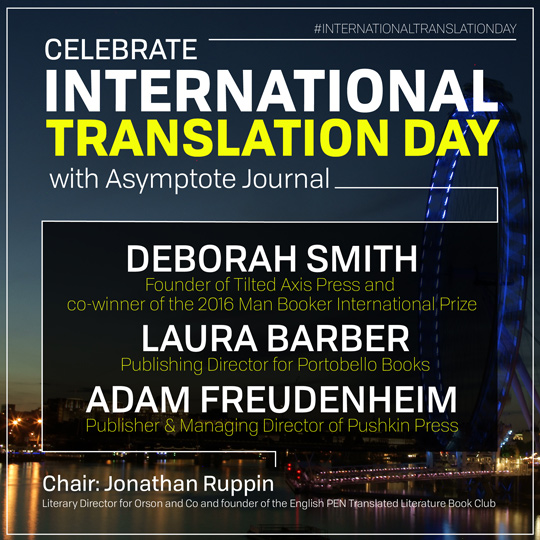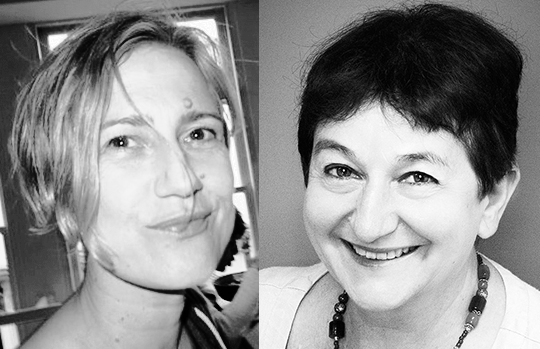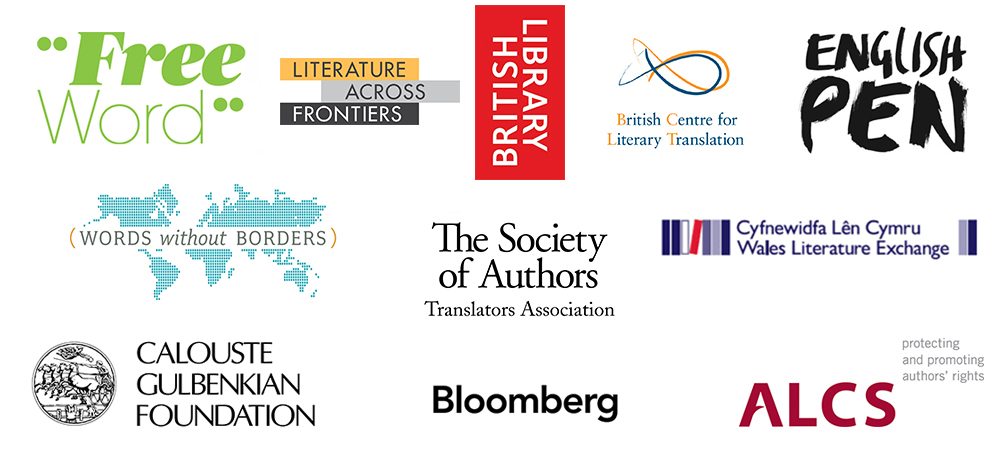CONTESTS
IMAGINE 2200
Grist is excited to open submissions for the fourth year of their Imagine 2200: Climate Fiction for Future Ancestors Short Story Contest.
Imagine 2200 is an invitation to writers from all over the globe to imagine a future in which solutions to the climate crisis flourish and help bring about radical improvements to our world.
In 2,500 to 5,000 words, show us the world you dream of building.
Your story should be set sometime between the near future and roughly the year 2200.
There is no cost to enter. The winning writer will be awarded $3,000, with the second- and third-place winners receiving $2,000 and $1,000, respectively. An additional nine finalists will each receive $300. All winners and finalists will have their story published in an immersive collection on Grist’s website. Stories will be judged by authors Omar El Akkad and Annalee Newitz.
The deadline for submissions is June 24th, 2024, 11:59 PT. Learn more and submit your story here.
GRANTS & FUNDING
PEN TRANSLATES
English PEN’s biannual PEN Translates grant is now open for applications! This grant, which is open to UK publishers, was launched in 2012 as an incentive to publishers to pick up books in languages other than English. Since its conception, the grant has funded over 350 works of literature translated from over 90 different languages.
The grant funds up to 75% of translation costs for selected projects. Works of fiction, non-fiction, poetry, prose, and plays, translated from any language into English, will be considered.
Starting this year, English PEN is also offering a second award in partnership with South Asian Literature in Translation. PEN Translates x SALT is open to publishers anywhere in the world that are looking to publish works of South Asian literature. Submissions must have been originally published in any of the official or unofficial languages of South Asia by an author that is a citizen or resident of a South Asian country, or who is of South Asian heritage.
Applications for both grants are due on the 31st of May. Apply here.









